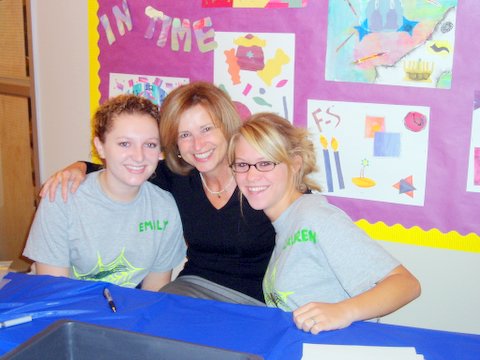When I spoke at the the National Jewish Early Childhood Network conference in November, I asked rhetorically, “How do we inspire our staff to develop Jewish literacy so that the children and families we teach, not only receive the best education, but the best Jewish education? How can a teacher be expected to communicate what a teacher might not know?”
I continued, “Our schools need to provide teachers with opportunities for professional growth and training by encouraging attendance at Jewish conferences and by giving teachers the opportunity to learn about Jewish life and culture at school staff meetings.”
“Jewish children’s literature is an important component of early childhood education,” but I stressed that “children’s books alone cannot provide the experiences for Jewish continuity.”
I asked those in attendance, “What did our schools do when they wanted teachers to learn about Reggio Emelia or Outdoor Play?”
As they reflected on their own experiences, I encouraged them to “allow the teachers to be part of the process to find the creative ways to learn.” And, I helped them a bit by suggesting that teachers “might be asked to read popular books on Jewish topics that can be discussed at staff meetings, that schools could create a mentoring program where teachers with less Jewish knowledge can learn from those with more, that Directors would authorize additional compensation for teachers to attend workshops, and finally, that the schools give teachers the resources to learn on their own, like their own copies of books like Jewish Everyday and What’s Jewish About Butterflies? by Maxine Segal Handelman.”
I closed by emphatically stating that “Our schools need to encourage teachers to be just as committed to Jewish learning as learning about the latest trends in early childhood education.”

